Parents or caregivers may notice academic problems or other signs of a learning disability in their child and not know where to start. Often this “invisible disability” does not become obvious until a child reaches school age. Even then, difficulties may be subtle and hard to recognize.
Here you will find a wealth of information on understanding learning disabilities, negotiating the special education process, and helping your child and yourself.
Featured Articles & Resources

First Steps for Parents When School Problems Are Observed
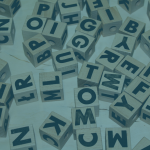
Special Education Terms To Know

Right to an Evaluation of a Child for Special Education Services
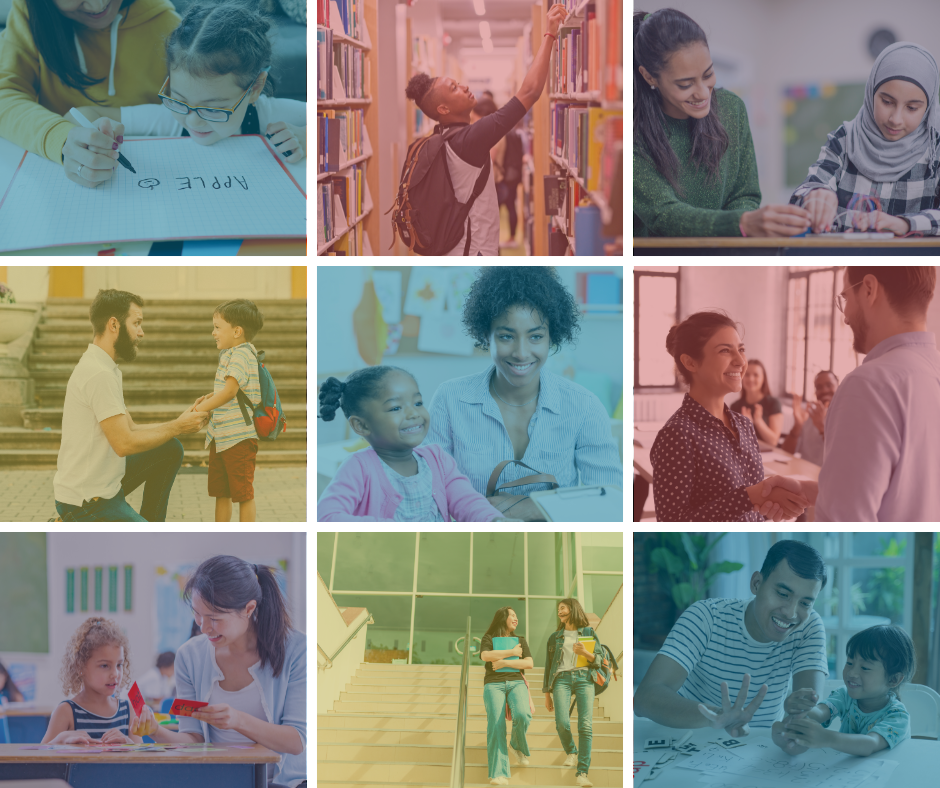
New to LD

A Parent’s Guide to Evaluations, IEPs, and More

A Parent’s Guide: What to Expect When Your Child Has LD
Specific Learning Disabilities
- Dyscalculia
 A specific learning disability that affects a person’s ability to understand numbers and learn math facts.
A specific learning disability that affects a person’s ability to understand numbers and learn math facts. - Dysgraphia
 A specific learning disability that affects a person’s handwriting ability and fine motor skills.
A specific learning disability that affects a person’s handwriting ability and fine motor skills. - Dyslexia
 A specific learning disability that affects reading and related language-based processing skills.
A specific learning disability that affects reading and related language-based processing skills. - Non-Verbal Learning Disabilities
 Has trouble interpreting nonverbal cues like facial expressions or body language and may have poor coordination.
Has trouble interpreting nonverbal cues like facial expressions or body language and may have poor coordination. - Oral / Written Language Disorder and Specific Reading Comprehension Deficit
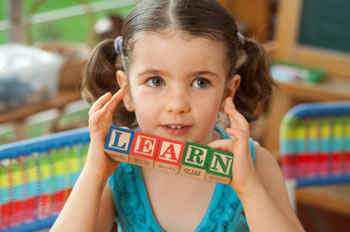 Learning disabilities that affect an individual’s understanding of what they read or of spoken language. The ability to express one’s self with oral language may also be impacted.
Learning disabilities that affect an individual’s understanding of what they read or of spoken language. The ability to express one’s self with oral language may also be impacted.
Related Disorders
- ADHD
 A disorder that includes difficulty staying focused and paying attention, controlling behavior and hyperactivity.
A disorder that includes difficulty staying focused and paying attention, controlling behavior and hyperactivity. - Dyspraxia
 A disorder which causes problems with movement and coordination, language and speech.
A disorder which causes problems with movement and coordination, language and speech. - Executive Functioning
 Affects, planning, organization, strategizing, attention to details and managing time and space.
Affects, planning, organization, strategizing, attention to details and managing time and space.
Support for Parents
- ADD/ADHD
ADHD often begins in childhood and can persist into adulthood. It may contribute to low self-esteem, troubled relationships, and difficulty at school or work.
Symptoms include limited attention and hyperactivity. - Adults with Learning Disabilities
Workplace, college, and other important information for adults with LD.
- Assessment & Evaluation
Evaluation involves gathering information from a variety of sources about a child’s functioning and development in all areas. It is generally one of the first steps in determining if a child has a learning disability. This section will help parents answer their questions on assessment and evaluation.
- Assistive Technology (AT)
There are specific tech tools that can help people who learn and think differently. A few examples of assistive technology include text-to-speech and word prediction.
- Beyond the Classroom
Information on how toxic chemicals can affect the brain, and other relevant information for children and adults with LD outside of the classroom.
- College
Accommodations, testing, and other important information for college students with LD.
- Core Principles
Learn about the core principles of learning disabilities that LDA uses as the basis to address policy and practice in the field of LD.
- Early Childhood
Early Intervention is important for long-term success for individuals with learning disabilities (LD) and/or ADHD. Early identification includes the evaluation and treatment provided to families and their children under 3 years old who have, or are at risk for having, a disability or delay in speech, language, or hearing. A child can quickly fall behind if speech and language learning is delayed. Early identification increases the chances for improving communication skills. Once disorders are diagnosed professionals can help to remediate and accommodate for success at home and in the classroom.
- Homework Handouts for Parents
- LD/ADHD Basics
Learning Disabilities (LD) and Attention Deficit Disorder (ADHD) affects millions of children and adults in school and in everyday life. It is a life-long condition. Fortunately, with the right understanding, support, and appropriate interventions, individuals with learning disabilities can become successful students and adults. Learning the basics about LD and ADHD is an important start to getting help. After the signs and symptoms of LD are recognized, the appropriate assessment and evaluation will be needed to determine the right strategies to help the individual.
- Mental Health
- News
Read about current LDA actions and LD issues in the news.
- News Releases
LDA’s press releases on issues affecting individuals with learning disabilities and their families.
- Parent Page
Shows on the front page of our parent page
- Possible Legal Issues
The American with Disabilities Act of 1990 (ADA) protects adults with disabilities including learning disabilities (LD) in higher education programs and employment. This section contains an overview of how these laws and others can protect the civil rights of adults with LD.
- Post Secondary Options
- Pre-K thru High School
- Professional Resources
- Special Education Services
- Teaching Reading
- The LDA Podcast
- Workplace Issues
Guidance for employers and prospective employees with LD.
- Your Voice in Washington
Guides & Booklets
- 8 Signs your Child may have a Learning Disability, National Institute of Health
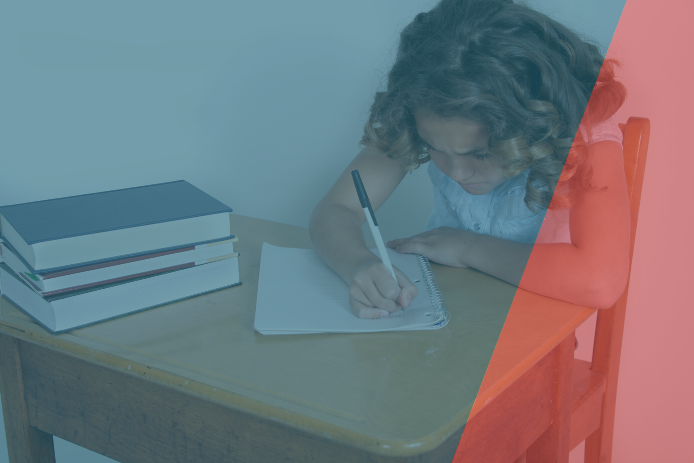 In addition to 8 signs of a learning disability, this site has resources on specific learning disabilities as well.
In addition to 8 signs of a learning disability, this site has resources on specific learning disabilities as well. - An Action Guide for ADHD: Next Steps for Patients, Clinicians, and Insurers
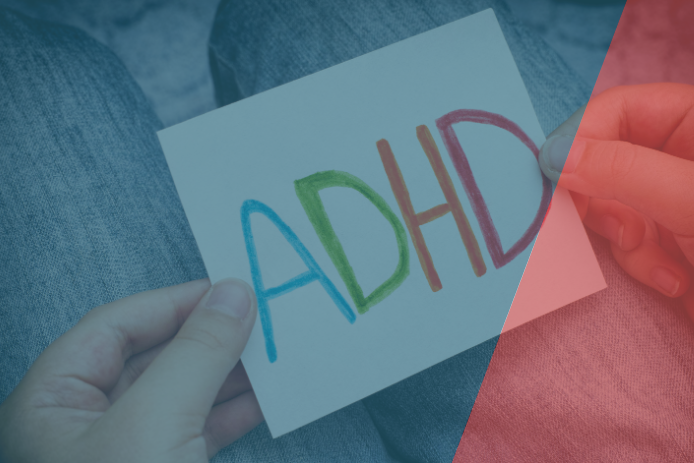 This Action Guide is based on the results of a public review process of treatment options for ADHD.
This Action Guide is based on the results of a public review process of treatment options for ADHD. - College Guide for Students with Learning Disabilities
 In this guide from BestColleges.com, students and families will find an overview of the transition into college, a guide to college accommodations & assistive learning technology as well as key strategies, resources, scholarships and more for students with learning disabilities.
In this guide from BestColleges.com, students and families will find an overview of the transition into college, a guide to college accommodations & assistive learning technology as well as key strategies, resources, scholarships and more for students with learning disabilities. - Dyslexia Basics, from The International Dyslexia Association
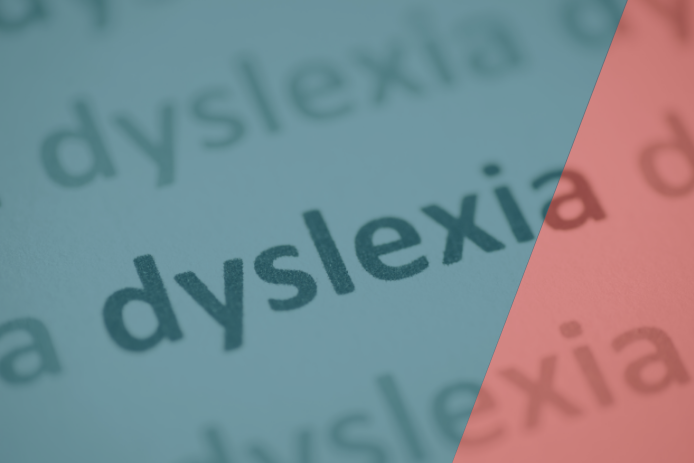 This guide covers the definition and effects of dyslexia, and other information such as signs of dyslexia, how dyslexia is diagnosed, and how dyslexia is treated.
This guide covers the definition and effects of dyslexia, and other information such as signs of dyslexia, how dyslexia is diagnosed, and how dyslexia is treated. - Every Student Succeeds Act, Department of Education
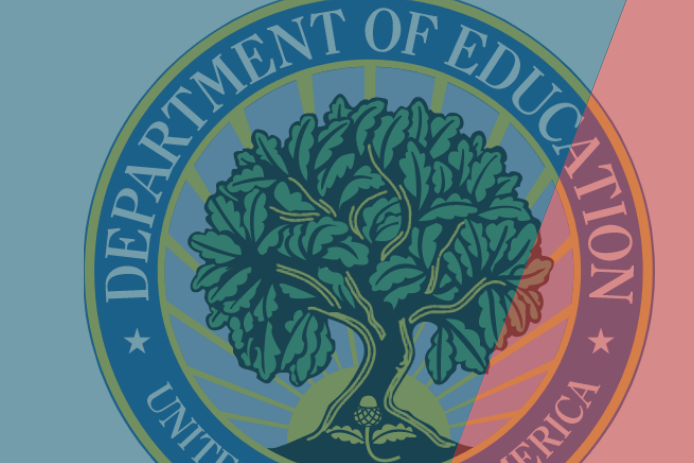 The Every Student Succeeds Act (ESSA) was signed in December of 2015 and ESSA amends the Elementary and Secondary Education Act to provide funding to K-12 schools to ensure a quality public education for all students. ESSA authorizes funds for professional development, instructional materials, resources to support educational programs, and for promotion of parental involvement. ESSA replaced the No Child Left Behind Act of 2002.
The Every Student Succeeds Act (ESSA) was signed in December of 2015 and ESSA amends the Elementary and Secondary Education Act to provide funding to K-12 schools to ensure a quality public education for all students. ESSA authorizes funds for professional development, instructional materials, resources to support educational programs, and for promotion of parental involvement. ESSA replaced the No Child Left Behind Act of 2002. - How are Learning Disabilities Diagnosed? National Institute of Health
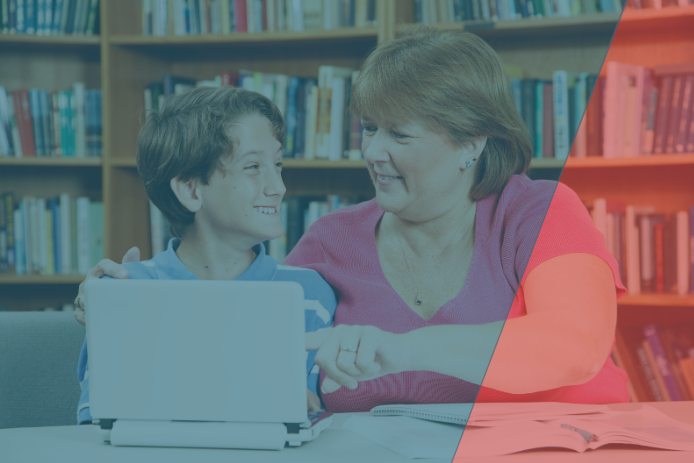 Last updated: 9/11/2018, National Institute of Health.
Last updated: 9/11/2018, National Institute of Health. - How to Help Kids with Memory Issues, Child Mind Institute
 By Rae Jacobson, writer and content engagement specialist at the Child Mind Institute.
By Rae Jacobson, writer and content engagement specialist at the Child Mind Institute. - Identifying and Treating Attention Deficit Hyperactivity Disorder: A Resource for School And Home
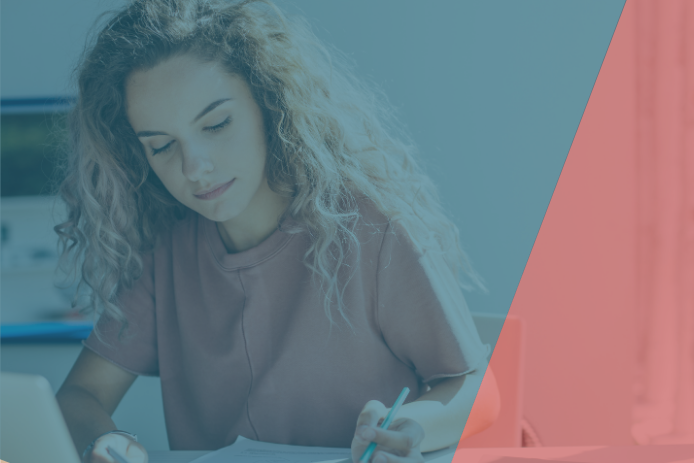 This resource guide designed for families and educators provides information on how (ADHD) is identified and treated.
This resource guide designed for families and educators provides information on how (ADHD) is identified and treated. - Introduction to Learning Disabilities, National Association of Special Education Teachers
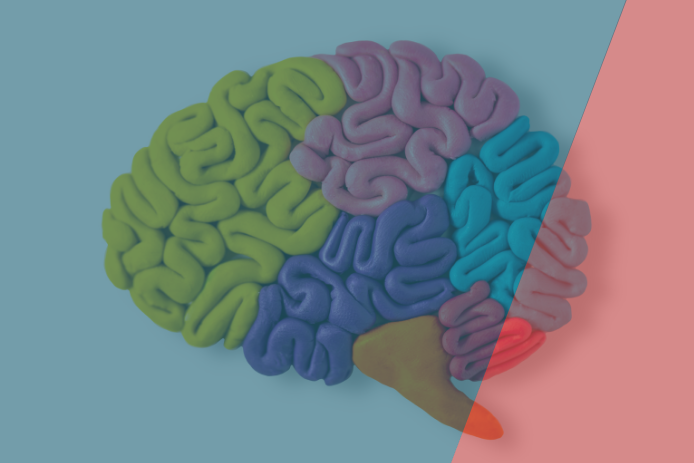 This publication from NASET breaks down the definition of learning disabilities, dispels common myths about learning disabilities, provides history of the field of learning disabilities, and more.
This publication from NASET breaks down the definition of learning disabilities, dispels common myths about learning disabilities, provides history of the field of learning disabilities, and more. - Questions Parents and Educators Can Ask to Start Conversations About Using Terms Like Learning Disabilities, Dyslexia, Dyscalculia, and Dysgraphia, National Center for Learning Disabilities
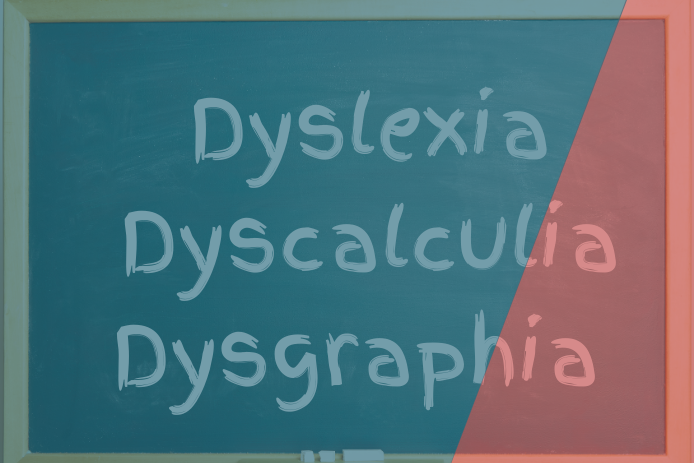 This guide helps parents and educators to navigate using general terms like learning disabilities, and more specific terms like dyslexia, dysgraphia, or dyscalculia.
This guide helps parents and educators to navigate using general terms like learning disabilities, and more specific terms like dyslexia, dysgraphia, or dyscalculia. - Teaching Our Youngest: A Guide for Preschool Teachers and Child Care and Family Providers
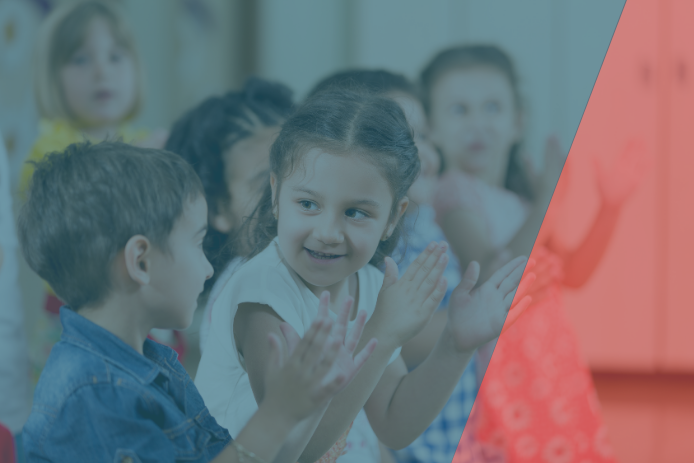 This booklet describes what can be done to help children to develop their language abilities, increase their knowledge, become familiar with books and other printed materials, learn letters and sounds, recognize numbers and learn to count.
This booklet describes what can be done to help children to develop their language abilities, increase their knowledge, become familiar with books and other printed materials, learn letters and sounds, recognize numbers and learn to count. - Understanding Dysgraphia, from The International Dyslexia Association
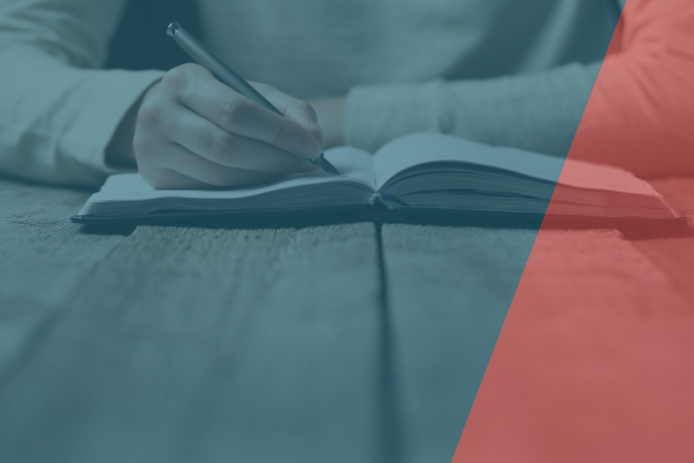 This guide from the International Dyslexia Association breaks down dysgraphia, and provides information on instructional activities and strategies to help individuals with dysgraphia, if dysgraphia occurs alone, and more.
This guide from the International Dyslexia Association breaks down dysgraphia, and provides information on instructional activities and strategies to help individuals with dysgraphia, if dysgraphia occurs alone, and more. - What is Auditory Processing Disorder, Child Mind Institute
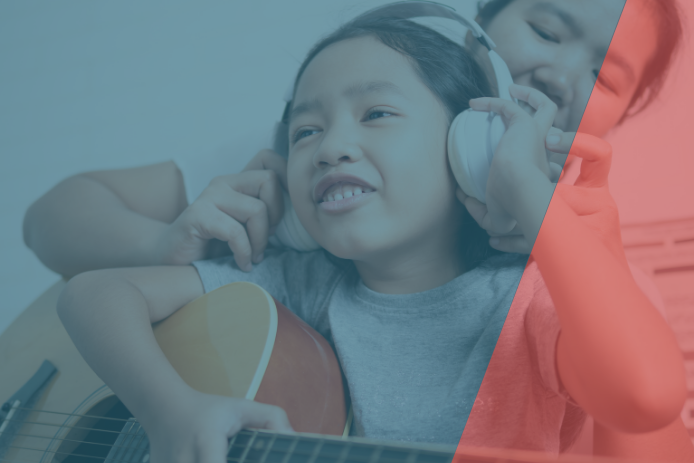
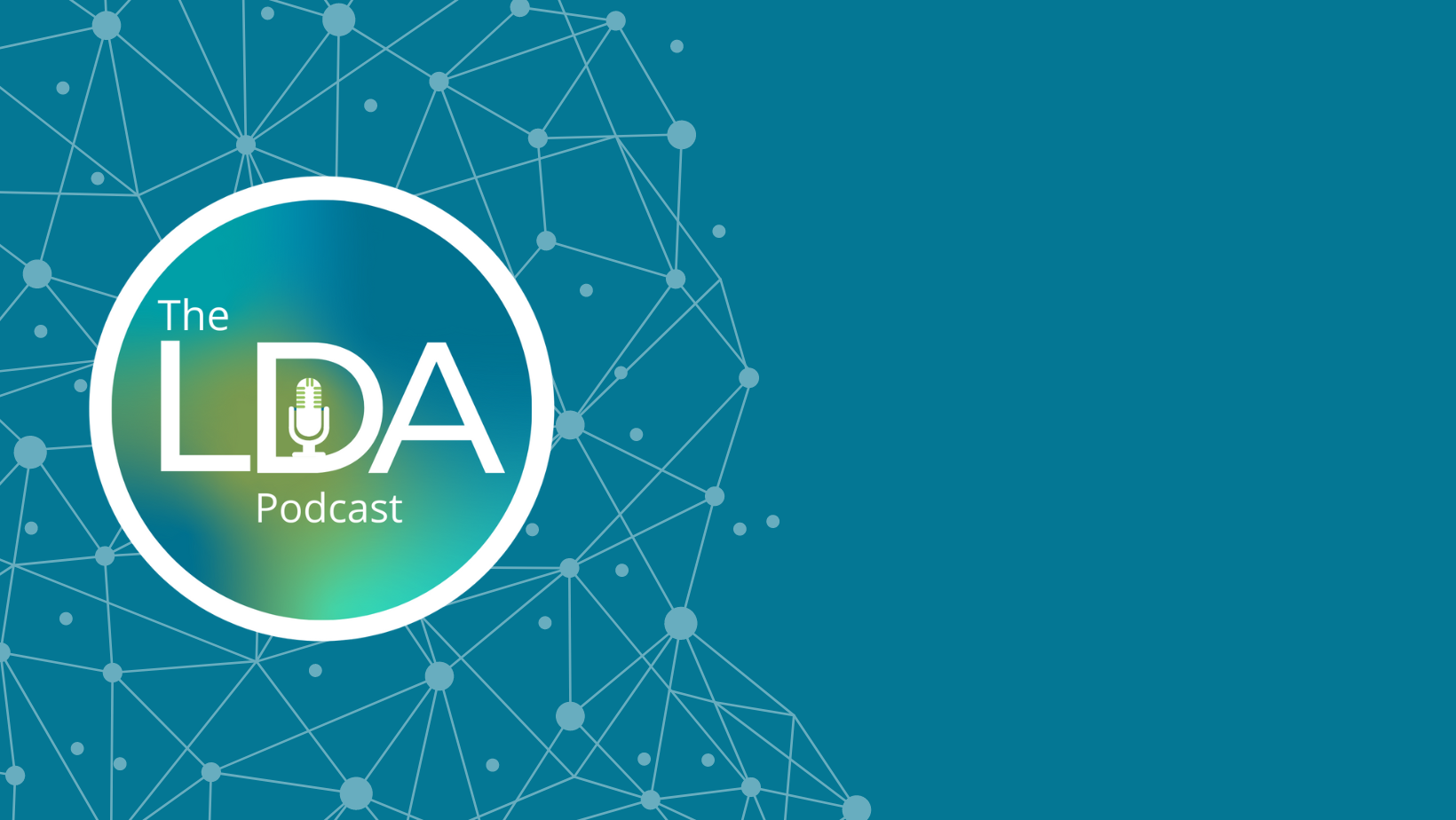
Apply to Be a Guest on the LDA Podcast

Meet Our Members: Meet Lisa Rogers!

Meet our Members: Meet Pam Cusick!

Meet Our Members: Meet Elizabeth Hamblet!

LDA’s 2023 Year in Review
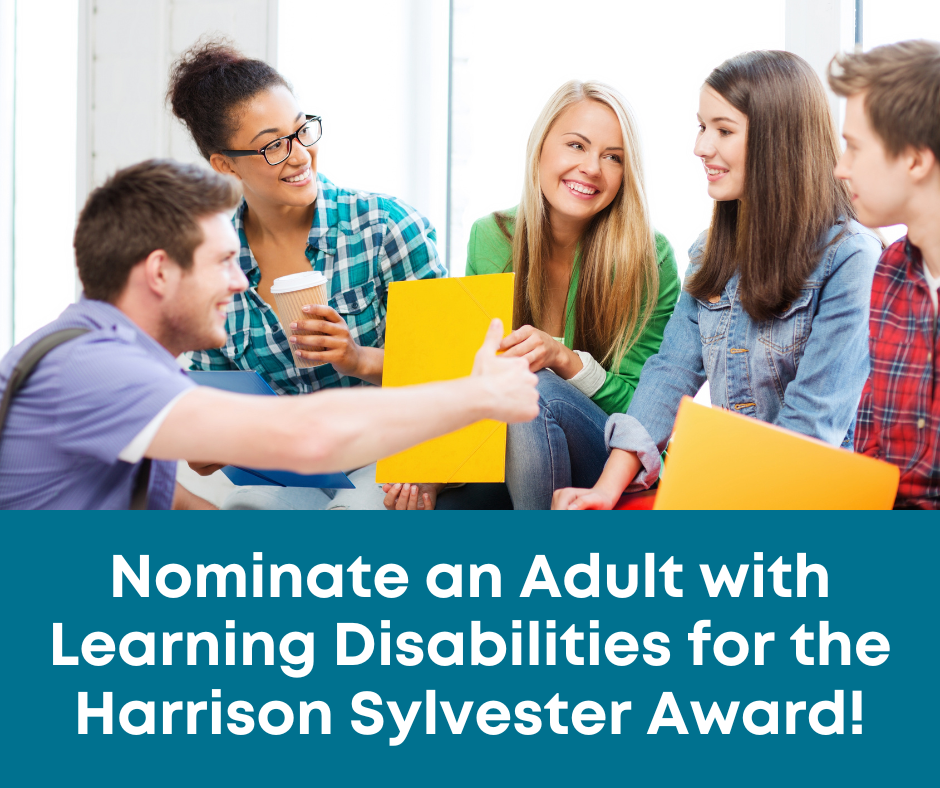
<a href='https://ldaamerica.org/nominate-an-adult-with-ld-for-our-harrison-sylvester-award/?audience=Parents' target='_self' rel='noreferrer' aria-label='Nominate an Adult with LD for our Harrison Sylvester Award!‘>Nominate an Adult with LD for our Harrison Sylvester Award!
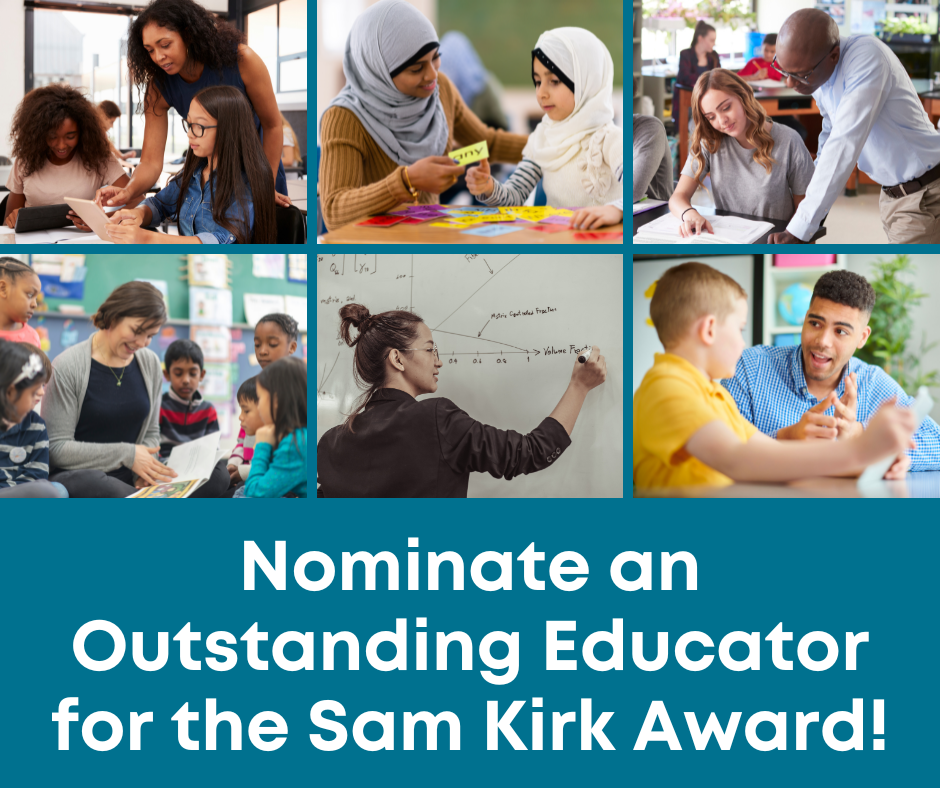
<a href='https://ldaamerica.org/nominate-an-outstanding-educator-for-our-sam-kirk-award/?audience=Parents' target='_self' rel='noreferrer' aria-label='Nominate an Outstanding Educator for our Sam Kirk Award!‘>Nominate an Outstanding Educator for our Sam Kirk Award!

Meet Our Members: Meet Jennifer Strong!
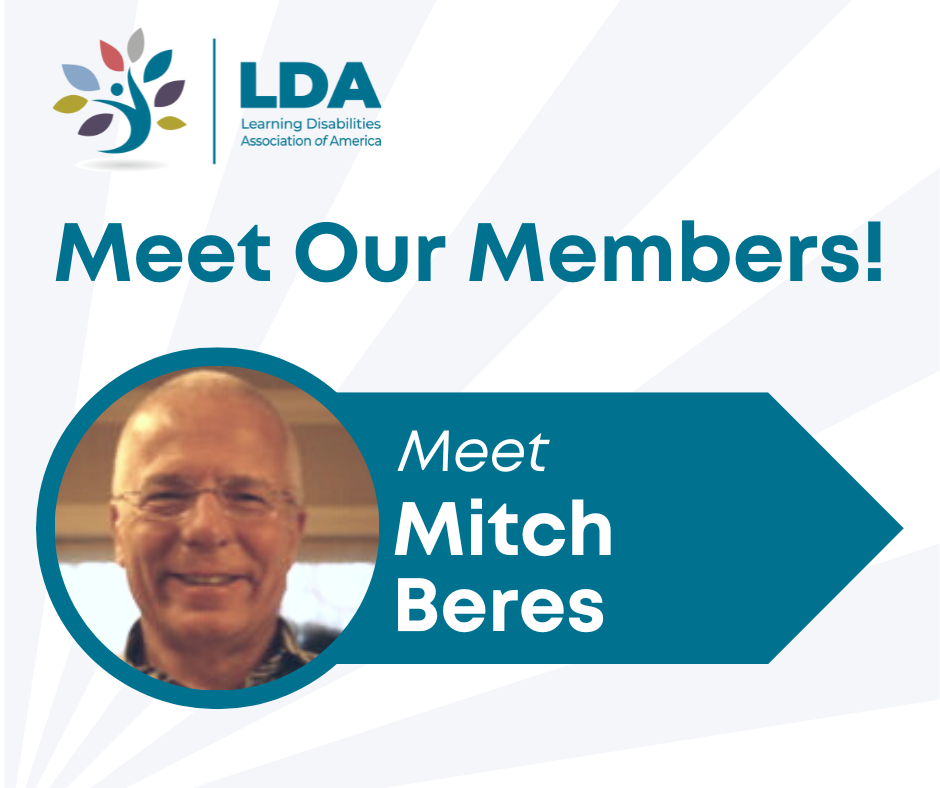
Meet our Members: Meet Mitch Beres!

Meet our Members: Meet Dr. Lisa Rutner!

Meet our Members: Meet Keitha Osborne!
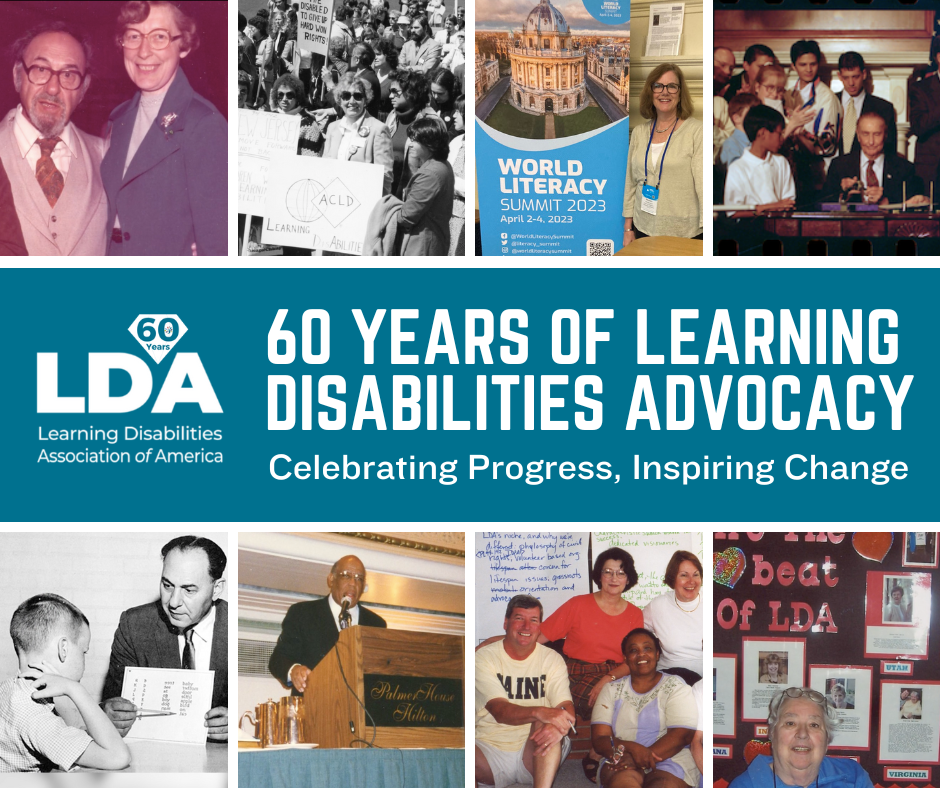
<a href='https://ldaamerica.org/60-years-of-learning-disabilities-advocacy-celebrating-progress-inspiring-change/?audience=Parents' target='_self' rel='noreferrer' aria-label='60 Years of Learning Disabilities Advocacy: Celebrating Progress, Inspiring Change‘>60 Years of Learning Disabilities Advocacy: Celebrating Progress, Inspiring Change

Apply to Be a Guest on the LDA Podcast

Meet Our Members: Meet Lisa Rogers!

Meet our Members: Meet Pam Cusick!

Meet Our Members: Meet Elizabeth Hamblet!

LDA’s 2023 Year in Review

<a href='https://ldaamerica.org/nominate-an-adult-with-ld-for-our-harrison-sylvester-award/?audience=Parents' target='_self' rel='noreferrer' aria-label='Nominate an Adult with LD for our Harrison Sylvester Award!‘>Nominate an Adult with LD for our Harrison Sylvester Award!

<a href='https://ldaamerica.org/nominate-an-outstanding-educator-for-our-sam-kirk-award/?audience=Parents' target='_self' rel='noreferrer' aria-label='Nominate an Outstanding Educator for our Sam Kirk Award!‘>Nominate an Outstanding Educator for our Sam Kirk Award!

Meet Our Members: Meet Jennifer Strong!

Meet our Members: Meet Mitch Beres!

Meet our Members: Meet Dr. Lisa Rutner!

Meet our Members: Meet Keitha Osborne!




